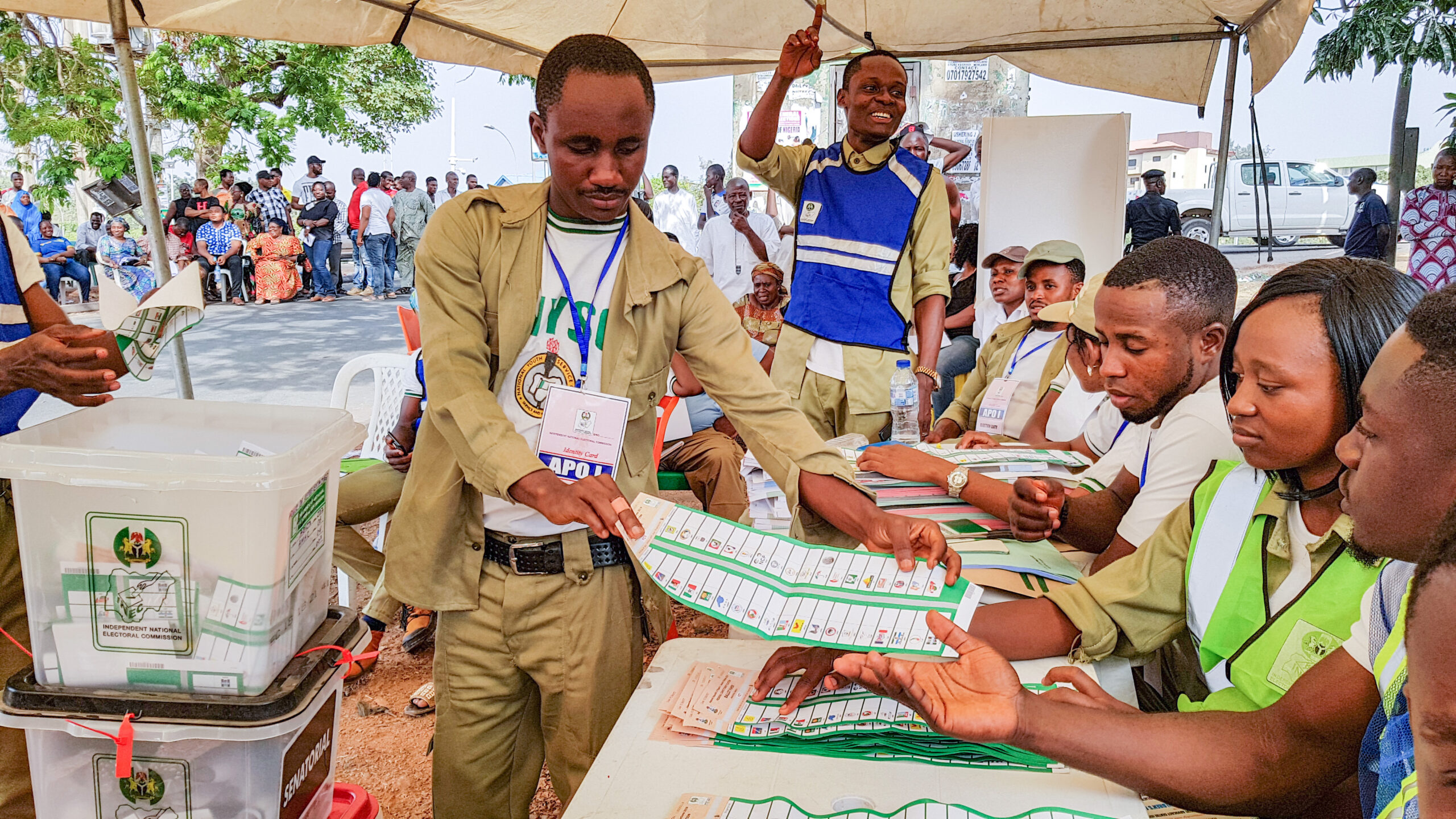NEWS
INEC: Nigeria now bleeds for an electoral reform

The integrity of Nigeria’s electoral process continues to dominate national discourse, with former President Olusegun Obasanjo’s recent remarks at Yale University rekindling debates on the failings of the Independent National Electoral Commission (INEC).
His call for the dismissal of the INEC chairman, Mahmood Yakubu, and a comprehensive overhaul of the commission underscores the urgency of electoral reforms in Nigeria.
Obasanjo’s critique is not without merit. The 2023 general elections, touted as a litmus test for Nigeria’s democratic maturity, fell short of expectations.
Read More:
“Nigeria will Die if we keep pretending” — Obasanjo
The promises of transparency through the deployment of technology such as the Bimodal Voter Accreditation System (BVAS) and the INEC Election Result Viewing Portal (IReV) were unfulfilled, leading to allegations of voter suppression and manipulation.
This failure has left a gaping hole in the credibility of Nigeria’s electoral process.
The Anatomy of a Flawed System
At the heart of Nigeria’s electoral woes lies a pervasive distrust in INEC’s ability to conduct free and fair elections. The inconsistencies between results announced by INEC and those uploaded to the IReV platform during recent elections have only deepened public skepticism.
Critics, including political analysts and civil society organizations, have pointed to glaring irregularities in off-cycle elections in states like Kogi, Edo, and Imo.
Observers have noted that INEC’s inability to ensure timely and transparent collation of results undermines the credibility of the democratic process.
Furthermore, the institution’s structural dependence on the executive arm for appointments and funding raises concerns about its independence and susceptibility to political interference.
Beyond Obasanjo: Broader Calls for Reform
Obasanjo’s assertion that INEC leadership should be disbanded and replaced with “non-partisan actors with impeccable reputations” resonates with many Nigerians who have become disillusioned with the current system. Sam Amadi, Director of the Abuja School of Social and Political Thoughts, has also argued for radical reforms, suggesting that no meaningful progress can be made without dismantling and rebuilding INEC.
Such proposals, while bold, address a critical need: the restoration of public trust. This trust is fundamental to the legitimacy of any electoral outcome. As noted by the Supreme Court in its recent judgment, the non-functioning of the IReV portal has significantly eroded confidence in the electoral process.
A Crossroads Moment
The electoral system’s credibility is not just a political issue; it is a fundamental challenge to Nigeria’s democracy. As a country of over 200 million people with a youthful population yearning for change, the stakes could not be higher.
The legitimacy of elections affects governance, investor confidence, and national stability.
The path forward requires more than rhetoric. It demands bold, immediate action from all stakeholders—government, civil society, and citizens alike. If Nigeria is to maintain its democratic credentials and achieve its potential, its electoral process must reflect the will of the people, free from manipulation and distrust.
In the words of Obasanjo,
“The INEC chairperson must not only be absolutely above board; they must also be transparently independent and incorruptible.”
Anything less is a disservice to the aspirations of millions of Nigerians.